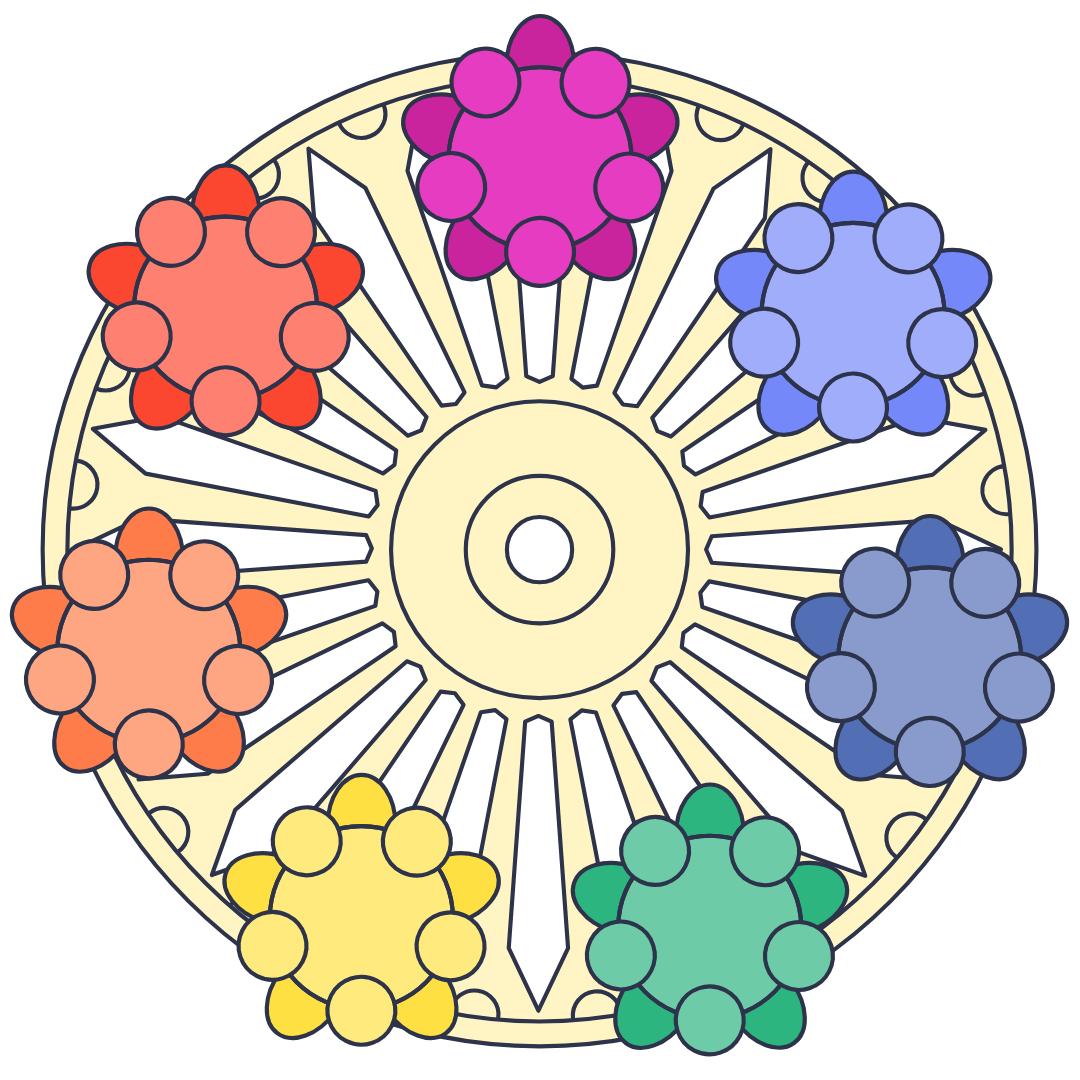Eco-friendly fashion, also known as sustainable fashion, is a growing trend in the fashion industry that focuses on creating clothing and accessories in an environmentally and socially responsible manner. This movement aims to minimize the negative impact of the fashion industry on the environment and promote ethical practices throughout the supply chain. Eco-friendly fashion encompasses various aspects, including using sustainable materials, reducing waste, and promoting fair labor practices. As consumers become more conscious of the environmental and social implications of their purchasing decisions, the demand for eco-friendly fashion continues to rise. In the United Arab Emirates (UAE), the fashion industry is also embracing the shift towards sustainability, with an increasing number of brands and consumers prioritizing eco-friendly options.
Understanding the Circular Economy in Fashion
The circular economy in fashion is a concept that aims to eliminate waste and promote the continual use of resources within the fashion industry. Unlike the traditional linear economy, which follows a “take-make-dispose” model, the circular economy seeks to create a closed-loop system where products are designed to be reused, recycled, or repurposed. This approach not only reduces the environmental impact of fashion production but also minimizes the depletion of natural resources. In the context of fashion, the circular economy involves designing durable and long-lasting products, utilizing sustainable materials, and implementing efficient recycling and reusing processes. By embracing the principles of the circular economy, fashion brands can contribute to a more sustainable and responsible industry.
Ranking Criteria for Circular Economy Brands in the UAE
When evaluating circular economy brands in the UAE, several criteria can be considered to assess their sustainability and ethical practices. These criteria may include the use of sustainable materials, such as organic cotton, recycled polyester, or biodegradable fibers, in their products. Additionally, brands can be evaluated based on their efforts to minimize waste through efficient production processes and packaging solutions. Fair labor practices and supply chain transparency are also important factors to consider when ranking circular economy brands, as they reflect the brand’s commitment to ethical standards. Furthermore, brands that actively engage in recycling initiatives or offer take-back programs for their products can be recognized for their contribution to a circular economy. By establishing clear ranking criteria, consumers can make informed decisions when choosing eco-friendly fashion brands in the UAE.
Top Circular Economy Fashion Brands in the UAE
In recent years, several fashion brands in the UAE have emerged as leaders in the circular economy movement. These brands have demonstrated a strong commitment to sustainability and ethical practices, setting them apart as top performers in the eco-friendly fashion sector. One such brand is Re:newcell, which specializes in creating clothing from recycled materials, such as discarded cotton and viscose. Another notable brand is Tamashee, known for its sustainable footwear made from eco-friendly materials and traditional craftsmanship. Additionally, Bambah Boutique has gained recognition for its upcycled vintage clothing and commitment to reducing waste in the fashion industry. These brands have successfully integrated circular economy principles into their business models, setting a positive example for the fashion industry in the UAE.
Case Studies of Successful Circular Economy Brands
To further illustrate the impact of circular economy practices in the UAE’s fashion industry, it is valuable to examine case studies of successful brands that have embraced sustainability and ethical standards. One such case study is that of The Giving Movement, a UAE-based activewear brand that prioritizes sustainability and social responsibility. The brand utilizes recycled materials and eco-friendly production processes to create high-quality athletic wear while also giving back to charitable causes. Another case study is that of House of Fatam, a luxury fashion brand that upcycles vintage textiles and collaborates with local artisans to create unique, sustainable pieces. These case studies highlight the diverse approaches that circular economy brands in the UAE are taking to promote eco-friendly fashion while making a positive impact on society and the environment.
Challenges and Opportunities for Circular Economy Fashion in the UAE
Despite the progress made in promoting eco-friendly fashion in the UAE, there are still challenges that need to be addressed to further advance the circular economy in the fashion industry. One of the main challenges is the lack of awareness and understanding among consumers about sustainable fashion options and their benefits. Educating consumers about the importance of supporting circular economy brands and making informed purchasing decisions is crucial for driving change in the industry. Additionally, there is a need for greater collaboration and support from government agencies and industry stakeholders to create a more conducive environment for sustainable fashion practices. However, there are also opportunities for growth and innovation in the circular economy fashion sector in the UAE. With increasing consumer demand for eco-friendly options, there is potential for new businesses to enter the market and for existing brands to expand their sustainable offerings. Furthermore, advancements in technology and material innovation present opportunities for developing more sustainable production processes and materials within the fashion industry.
The Future of Eco-Friendly Fashion in the UAE
As eco-friendly fashion continues to gain momentum in the UAE, it is evident that the future of the industry lies in embracing sustainable and ethical practices. The shift towards a circular economy in fashion presents an opportunity for brands to differentiate themselves by prioritizing environmental and social responsibility. By promoting transparency, innovation, and collaboration, the UAE’s fashion industry can contribute to a more sustainable global supply chain. As consumers become increasingly conscious of their purchasing decisions, there is a growing demand for eco-friendly fashion options that align with their values. With continued efforts to raise awareness, implement sustainable practices, and support circular economy initiatives, the UAE has the potential to become a leader in eco-friendly fashion within the region and beyond. Ultimately, by working together towards a more sustainable future, the UAE’s fashion industry can make a positive impact on both people and the planet.

